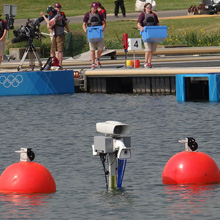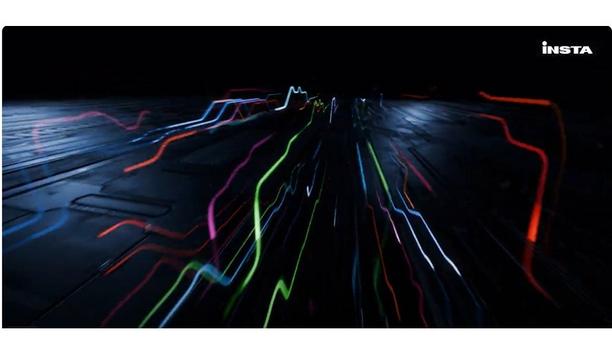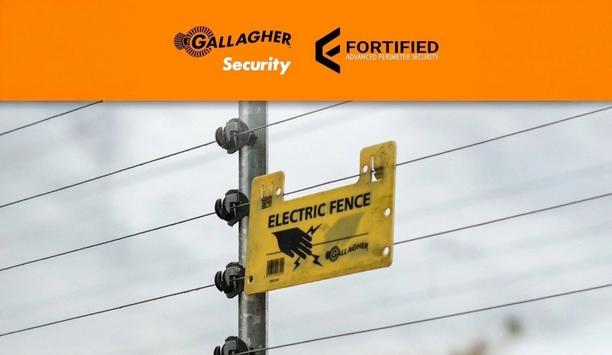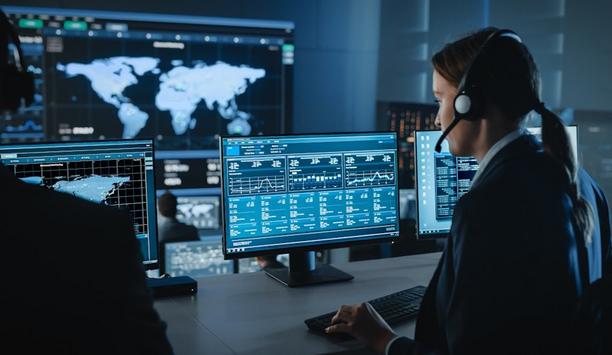Founded in 1984 in Budapest, Hungary, Polaritás-GM Ltd. originally developed measurement and test equipment for manufacturing for which the firm built a strong reputation for technical excellence. However, it was in 1997 when a relative of a staff member approached the firm with an unusual suggestion. The relative, now working for the International Canoe Federation felt that there was a lack of a world class start system within the sport. With the World Championships only a year away; it was suggested that Polaritás should create a better way of managing the race process for canoeing, kayaking and rowing events.
Prior to Polaritás becoming involved in the development of a race start system, there were two other companies producing start equipment although these rival systems were extremely basic. As Mr. József Grand, owner and director of Polaritás explains, "At that time the whole starting system process for canoeing was very immature but our experience with industrial test and measurement was a good starting point for the development of a new race start system."
All equipment needed to meet the rigorous specifications set by the International Rowing Federation (FISA) and the International Canoe Federation (ICF). Any start equipment would need to meet extensive guidelines on accuracy, reliability and deployment.
A Hard Decision To Make
Every year there are hundreds of competitive canoeing, kayaking and rowing races across the world. In the interest of fairness, these races need all the competitors to be in the same place on the course at the start. During races, it can also be tricky for judges to properly ascertain whether the competitors have correctly positioned their boats into the start gates. These judgements are made difficult as land based race judges are often 100 meters away from the competitors at the start line.
Following an intensive year of development, the first generation starting system from Polaritás was successfully used in the 1998 ICF World Championships in Szeged, Hungary. In the following years, Polaritás developed further race equipment including Lane Marking Buoy Systems, starting lights and software for event organisers. Meanwhile Omega, the Official Timekeeper for the Olympic Games, contacted Polaritás with a contract offer for the 2004 Games in Athens. The system was developed further to be interfaced with the critical timekeeping systems used for major sporting events. Polaritás’ first generation systems were used successfully at the 2004 Athens Olympics where the system performed without a hitch across 14 medal events. The successful Olympic debut was the beginning of the ongoing long term cooperation between Polaritás and Omega at the Olympic Games.
"Our work with MOBOTIX has been essential in helping us deliver a world class start system and we will be working with them as a key partner during our preparation for the 2016 Olympic Games in Rio de Janeiro" |
Video Technology Changes The Game
Polaritás has always felt that innovation was essential to grow its market position so in 2006 ahead of the 2008 Beijing Olympics it started developing a new start system that would incorporate video cameras for the first time. Polaritás began a process of research and development for its second generation start system by evaluating a number of visual technologies. As Mr. Grand explains, "Some of the criteria we considered for the development of our visual start systems was reliability, high quality images and a design that could withstand harsh conditions – especially water and maybe the occasional knock." Polaritás also needed a camera system with strong communication capability between the start machine that sits around 40cm from the water level and the computer system in the control tower on the shore.
Another consideration was the ability to easily interface multiple cameras with the computer in the control tower to display the video images in real time to aid the judges. "We tested MOBOTIX technology early on and found it to be well suited to the application we had in mind," explains Mr. Grand, "It offered megapixel technology in a waterproof design with the flexibility to integrate a wireless network card which makes deployment of any start system much easier."
The firm spent over a year developing its second generation start system using MOBOTIX M22 cameras. The video technology makes it much easier for judges to ensure that all competitors are in the correct position and the new second generation Polaritás system using video was first used at the 2007 Beijing Olympics test event and was later deployed at the 2008 Olympic Games.
Integrated Software
In 2009, Polaritás started developing its third generation system which now includes its own StartVideo software to help event judges evaluate events at the rowing or canoeing start line. Using a touch screen computer, the software collates video from the MOBOTIX cameras at the start line to help the starter judges detect false starts. To develop this software, Polaritás used the ActiveX controls embedded within the MOBOTIX system as a powerful interface between the camera and the StartVideo software.
 |
| M24M has 64 GB of internal storage capacity to ensure that even if a communication link is lost; the event can be recorded for later analysis |
Within a few seconds after the start, the starter judges can easily observe the events through instant playback of the recorded video clip. Using the touch screen, video clips can be played forward or reverse, slow motion or even frame-by-frame. Using this interactive tool, the starter has the opportunity to make a quick decision about the start event and can stop the race if necessary. The recorded video clips are stored on a hard drive, ordered by heat number and marked as good or false start. The system can also be used in VCR mode, which records the start line events continuously, just like a conventional video recorder.
As part of a continual ethos of innovation, Polaritás has upgraded its MOBOTIX cameras to the new M24M platform which offers a higher 30 frames per second capture at megapixel resolutions. The new camera also has a 180 degree lens system to allow a single camera to cover more of the race area and to allow detailed views of critical race events. The M24M has up to 64 GB of internal storage capacity to ensure that even if a communication link is lost; the event can still be recorded for later analysis.
Polaritás Brings MOBOTIX Technology To London 2012
Based on a rigorous evaluation by both FISA and the ICF, the third generation Polaritás system including the MOBOTIX M24M cameras were used at the London 2012 Olympics with great success. Working closely with Omega, a team from Polaritás had been dispatched to the London 2012 Olympics Rowing and Canoeing Course to setup and operate the technical aspect of the system. Held over 14 days, the competition featured 26 medal events across men’s and women’s events, ranging from Single Sculls, featuring solo rowers, to the Eight, featuring teams of eight rowers plus a cox in the sport of rowing and boats with single, double and four paddler crews in canoe-kayak.
The Polaritás system was used in each event starting with heats, from which the best boats qualified for the next round. Boats that did not qualify automatically from the heats got a second chance to qualify through the repechage round. The best boats eventually progressed through the various stages and into the finals of each event, which decided the medallists.
The use of innovative technology has made Polaritás a leading global specialist of Sport Technology, especially in canoe and rowing sports. Polaritás Automatic Start System has been certified by FISA and ICF as being able to fulfill the requirements of world-class racing events. Today, Polaritás systems are used in 24 countries around the world and at the majority of international rowing and canoeing competitions.
"Video is a real benefit within the sport and we look at how we can use it to continue to innovate," explains Mr. Grand, "Our work with MOBOTIX has been essential in helping us deliver a world class start system and we will be working with them as a key partner during our preparation for the 2016 Olympic Games in Rio de Janeiro."












